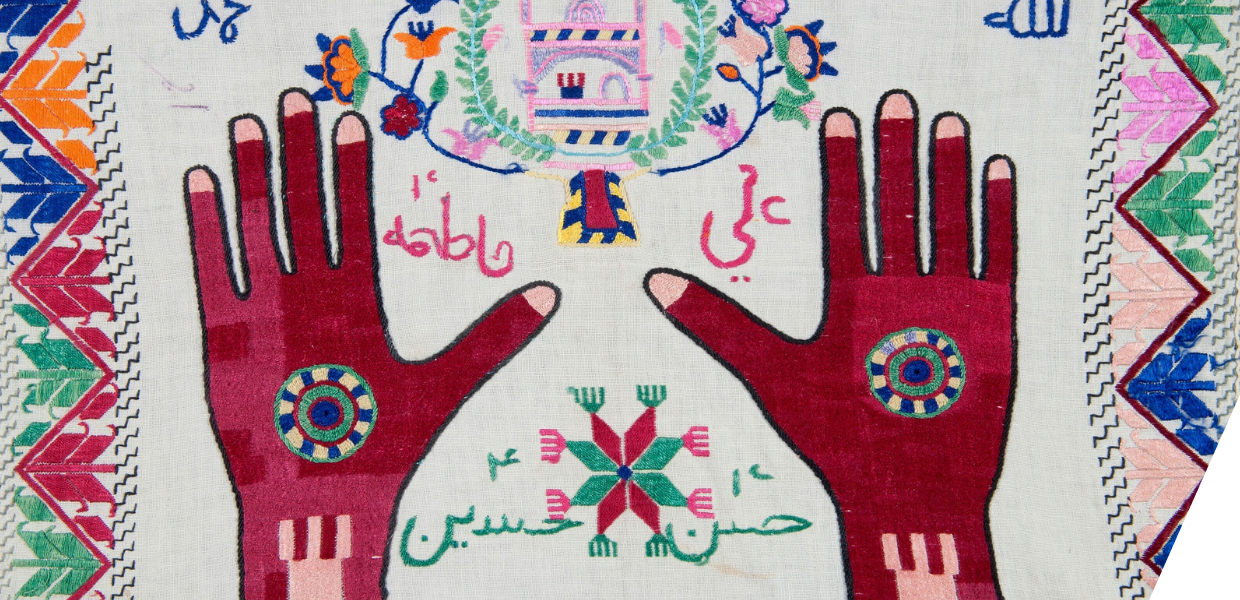Why is the topic of diversity and inclusion important to the digital cultural heritage sector?
Julia: Cultural heritage should represent who we are, and it should be accessible and relatable to everybody. Cultural heritage has a role to play in social cohesion and helping to connect and shape identities but there are a large number of people or experiences that aren't represented, and aren't shown or talked about in our cultural heritage. So that’s the first element for us right now - helping make sure everyone is represented by and can learn from our cultural heritage.
The second element is making sure that everyone can access that cultural heritage online.
We need to make sure that technology actually helps enhance the accessibility of our heritage and that we use the opportunities that digital transformation provides to make sure that we can better represent everybody and all different parts of societies and communities, whether they're local, or remote.
What activities is Europeana undertaking in this area?
First of all, we have a team dedicated to looking at improving our practices. They are developing a community pact to help us set a standard for online engagement as well as a programme of learning and teaching designed to help staff become more confident in talking about genuine diversity and inclusivity in our work.
Thinking about the more technical elements of what we do, we are improving accessibility on our websites, for example, by implementing alt text (textual descriptions) on images, and we’re looking to understand how emerging technologies like AI (artificial intelligence) or machine learning can help us improve our data.
And we’re also working really hard on the editorial we share, to improve diversity and inclusivity there. On Europeana Pro, we ran a series on women working with AI as part of Women’s History Month. And our recent Black Lives in Europe exhibition went through an external sensitivity review to make sure it was respectful, and was then translated into six languages.
Of course we want to do even more. So we are working with our communities to help us to think through what else we need to do. We’re taking steps to be more open and inclusive to professionals who are new to the sector, who are keen to learn and engage, and have different needs to more experienced professionals. And for events, we now always ask people what accessibility or participation needs they have so that we can strive to meet them. In our Europeana 2021 conference, for example, we provided live transcription, helping more people to participate on the day.
Who do you look to for best practice and inspiration in this area?
Well firstly I’m a white woman talking about diversity and inclusivity being important, so I have to ask myself what can I learn from my position of privilege so that I can do more?
I strongly believe that we learn through our networks - the power of the people helps you to learn on a personal level and bring that into your organisation and into your work.
The work that Europa Nostra did with the European Association for Students during the European Year of Cultural Heritage was great. They set up a programme and a partnership with regional communities for new professionals, separate from their Ambassador programmes. That project has a longevity to it, placing new professionals in a career path in cultural heritage, which I find inspirational.
A community I follow on Twitter called Cilip LGBTQ had an awareness day which asked ‘How do you respect trans people in your workplace?’ and gave some great tips. I discussed this with my team, and from that, started both noticing and seeing others more comfortable sharing their pronouns, for example. It's something I hadn’t thought about as relevant to me before but that resource came up on my social media timeline and I thought it was great.
These kinds of conversations are increasing across our Europeana networks. The Europeana Aggregators' Forum recently ran a moderated discussion around what diversity and inclusivity means and about how they can develop vocabularies across their own aggregation systems. While in another meeting recently, the facilitator introduced herself and described what she was wearing for the audio recording. We can learn from these examples and each contribute to being more diverse and inclusive.
How can people get involved?
Joining the Europeana Network Association is a really great way to start. We don’t have a community specifically dedicated to diversity and inclusivity but we have a growth mindset and a commitment to making all of our activities more diverse and inclusive. If you are interested in copyright, you could join our Europeana Copyright community and have an impact on how we use copyrights to better label cultural heritage that comes from indigenous communities, for example. Or you could contribute towards our EuropeanaTech community and join discussions around AI and the diversity of data.



